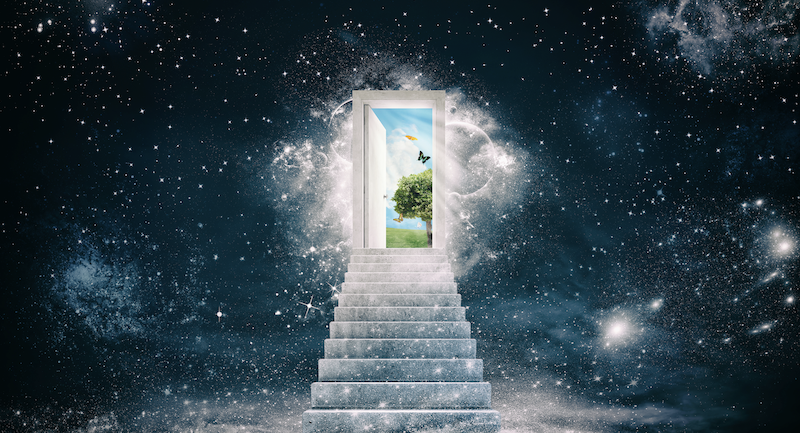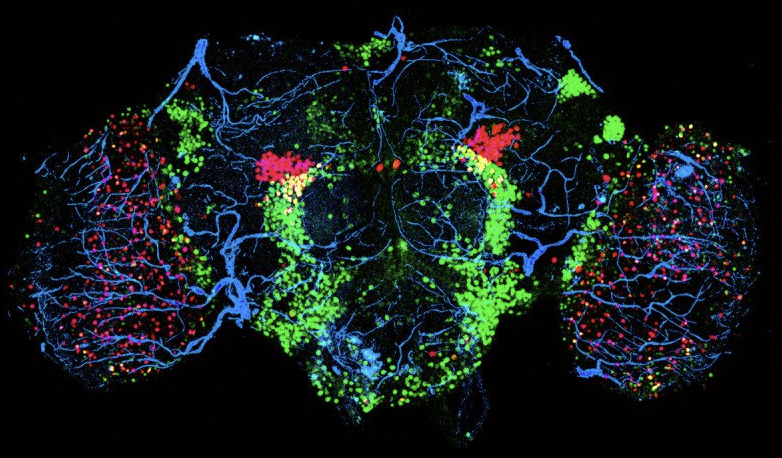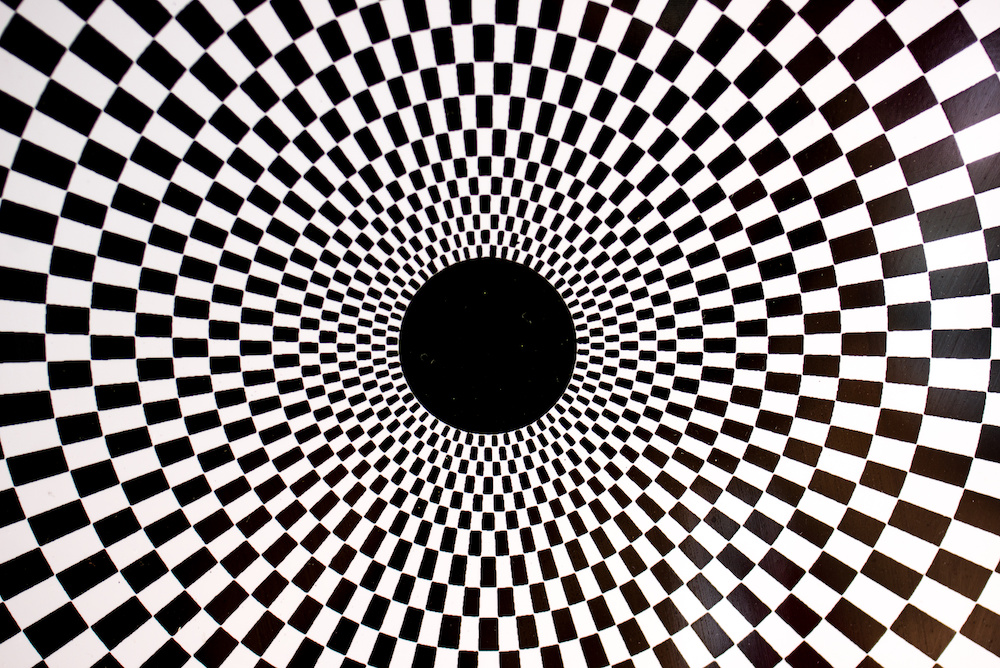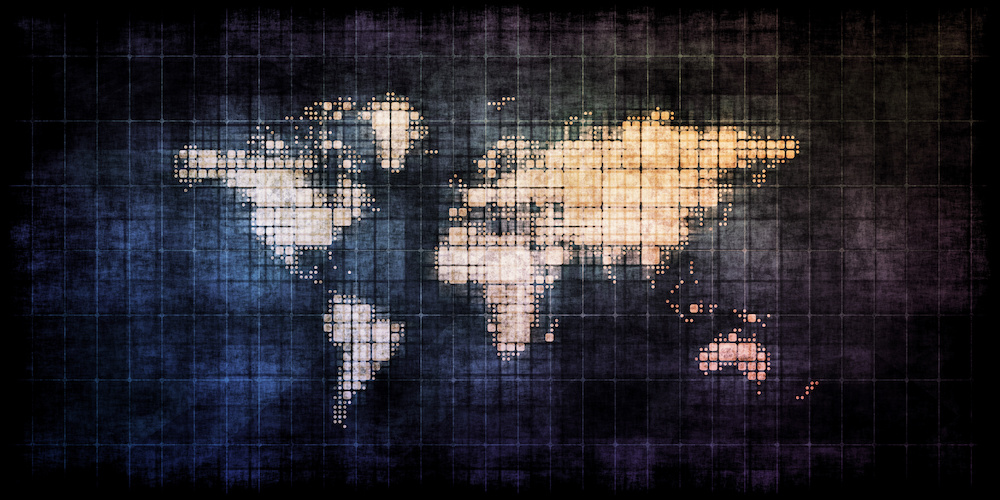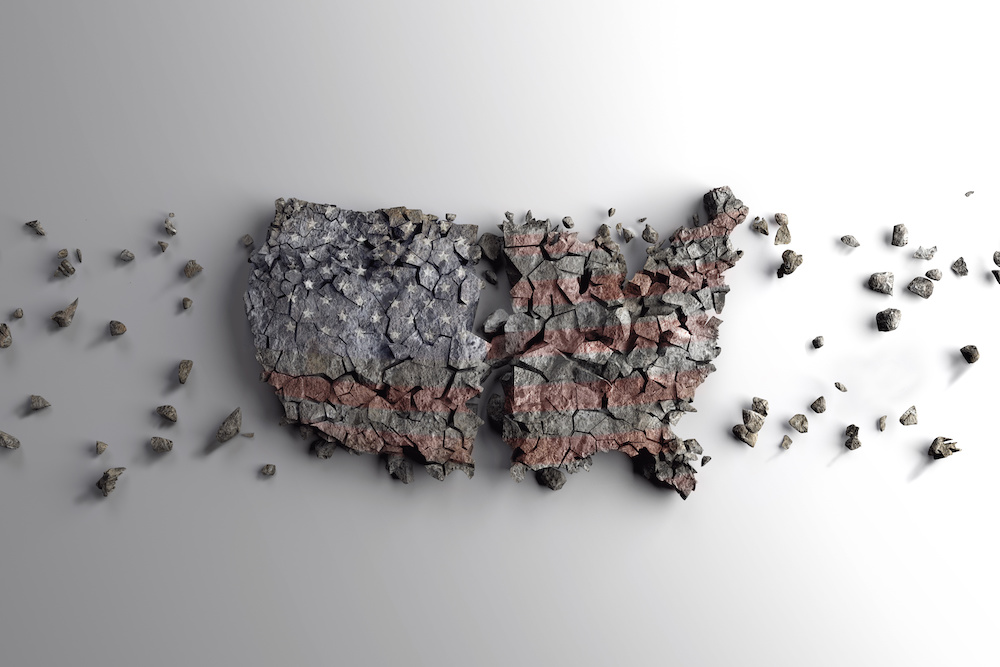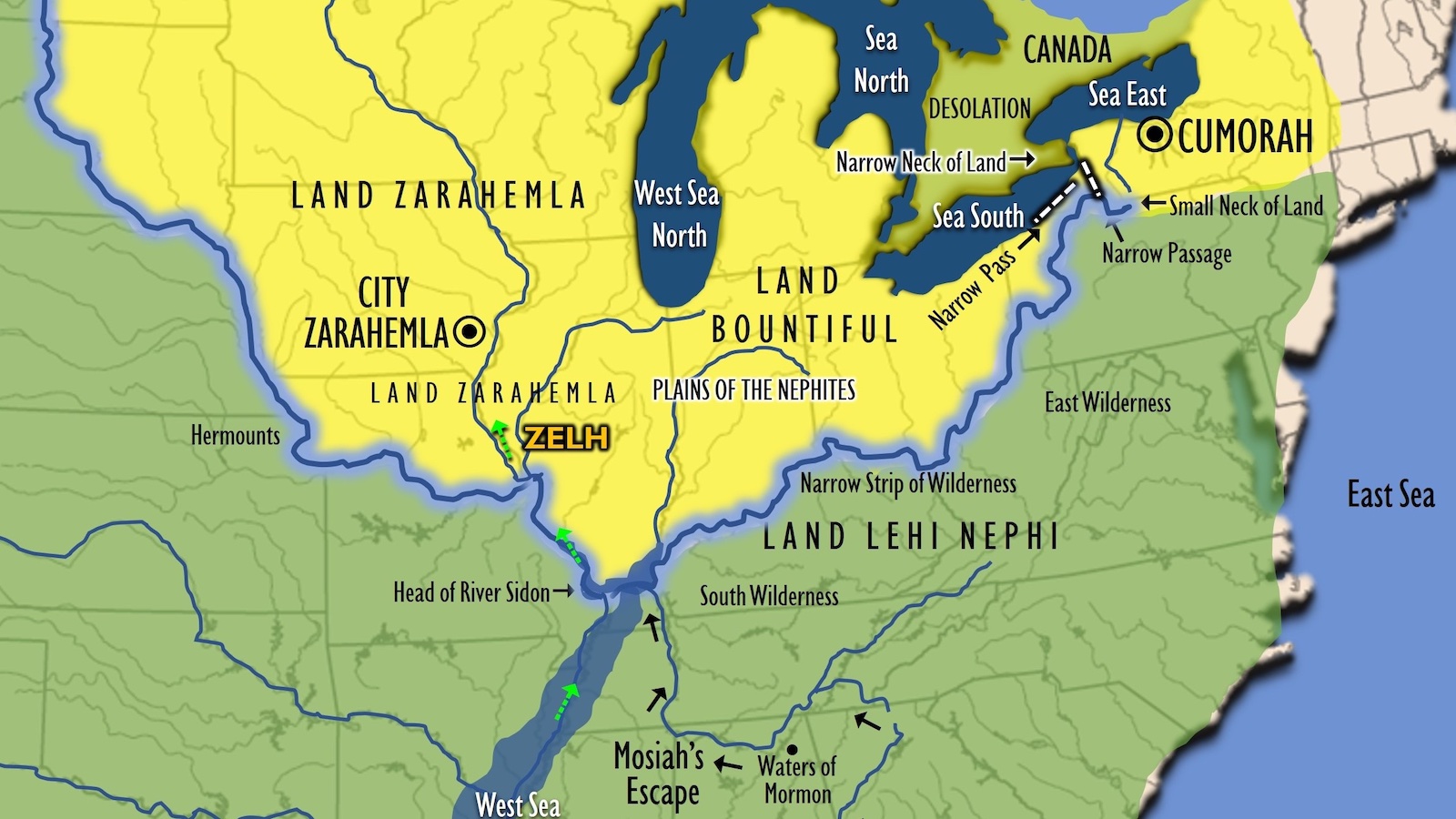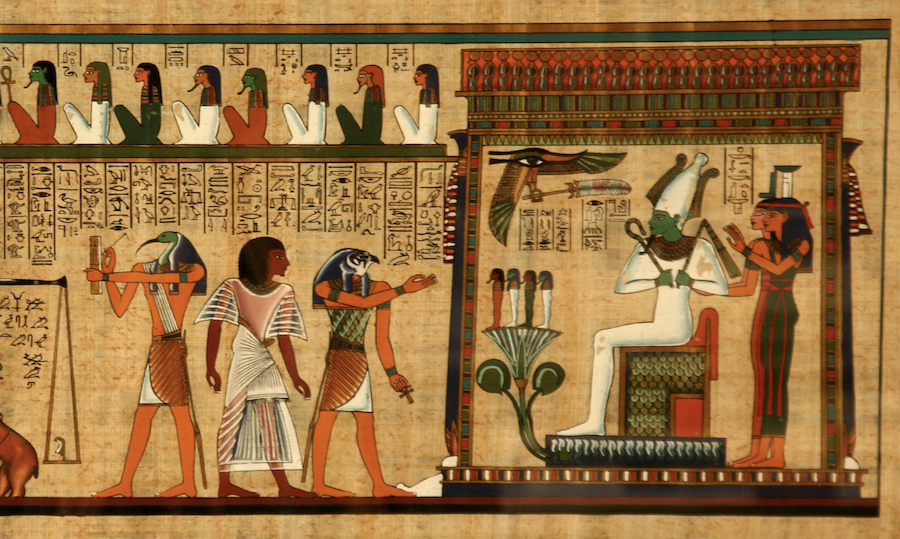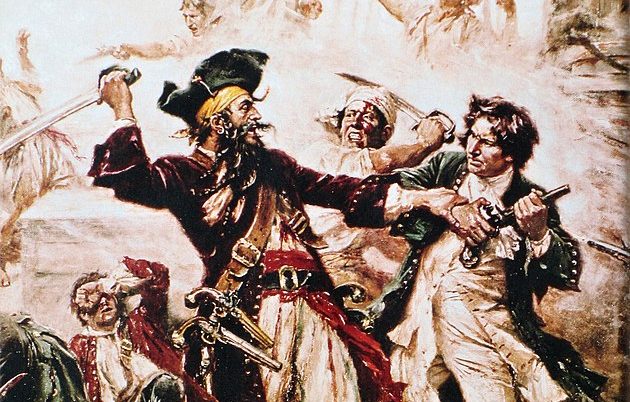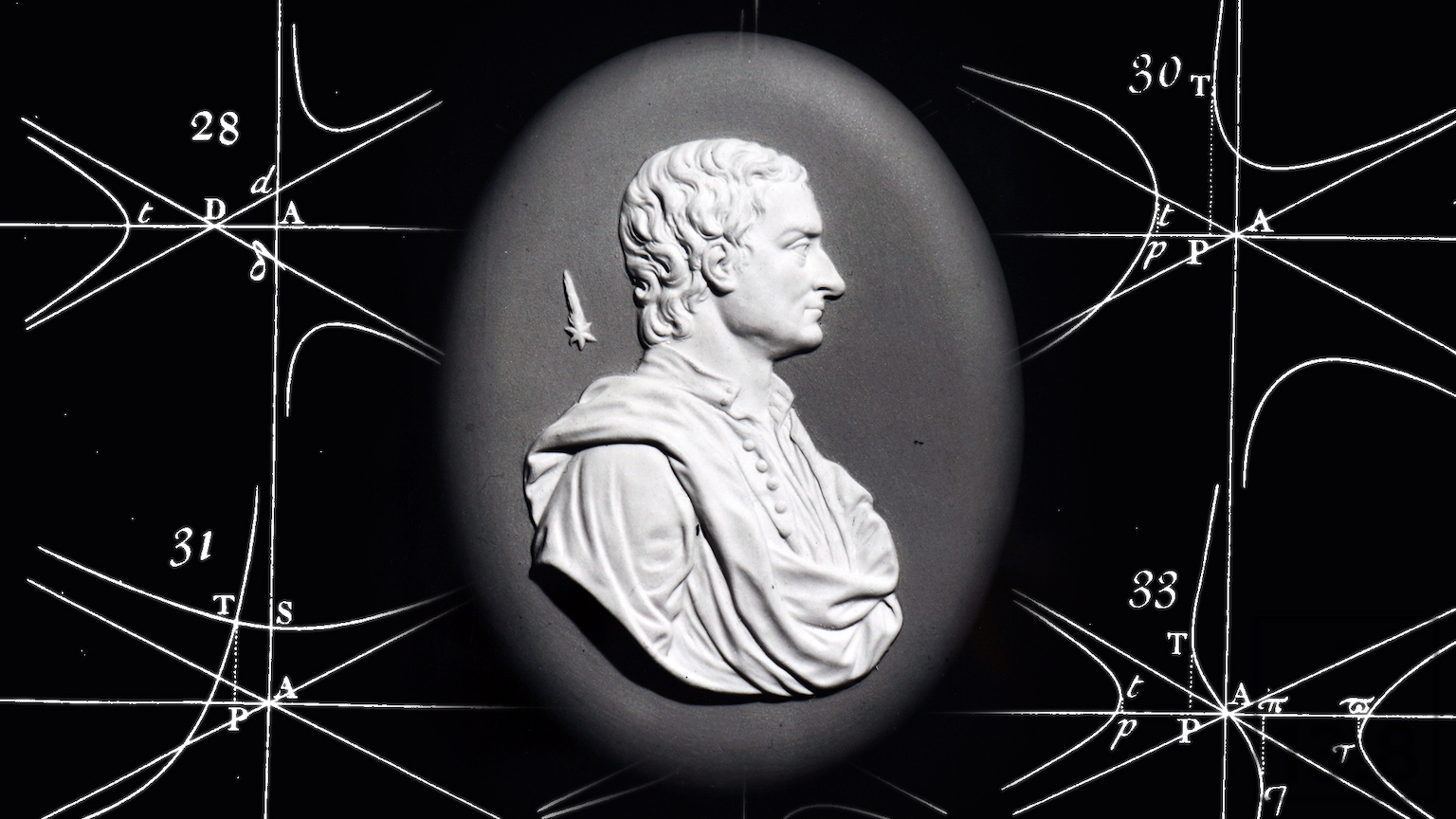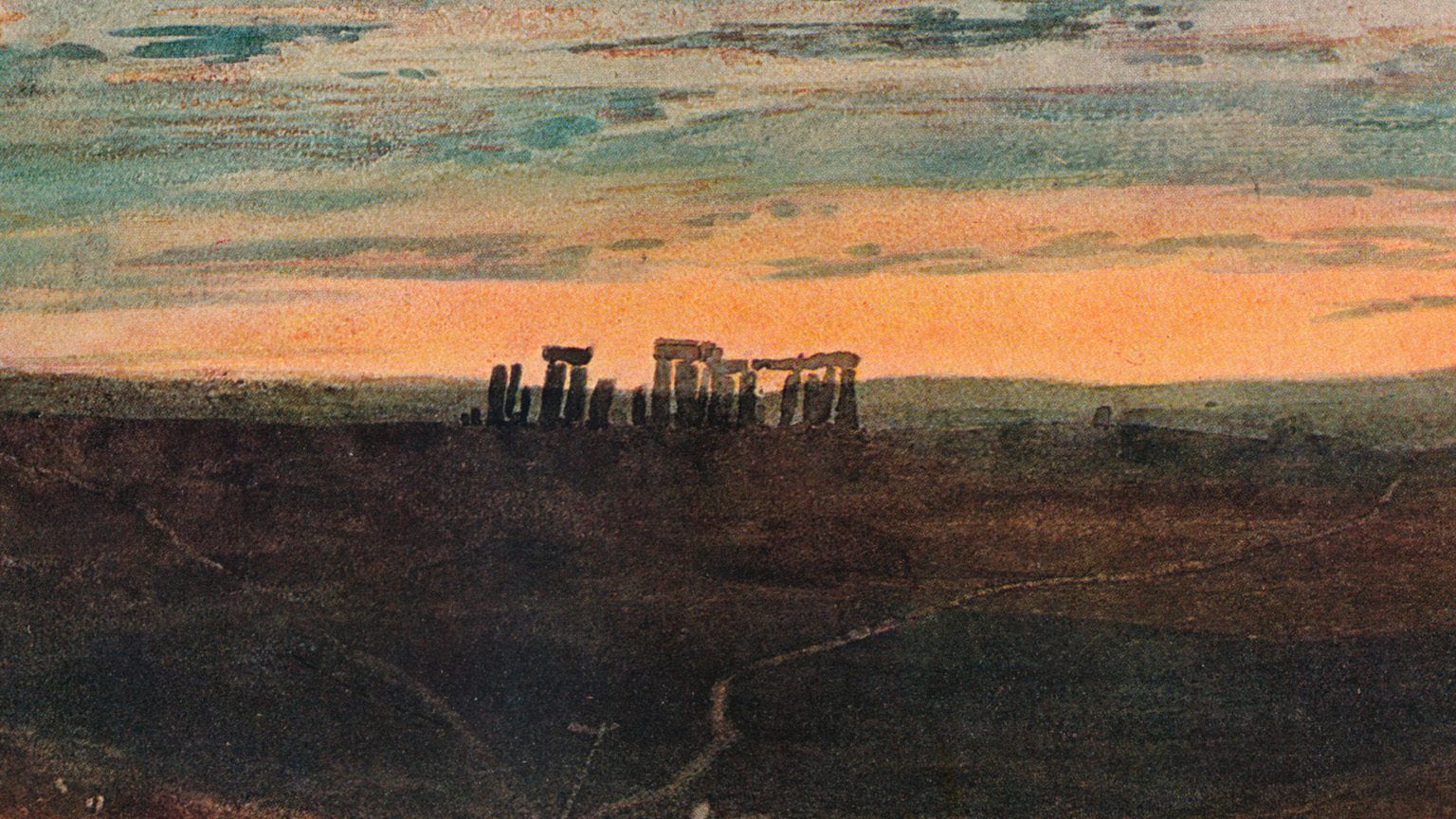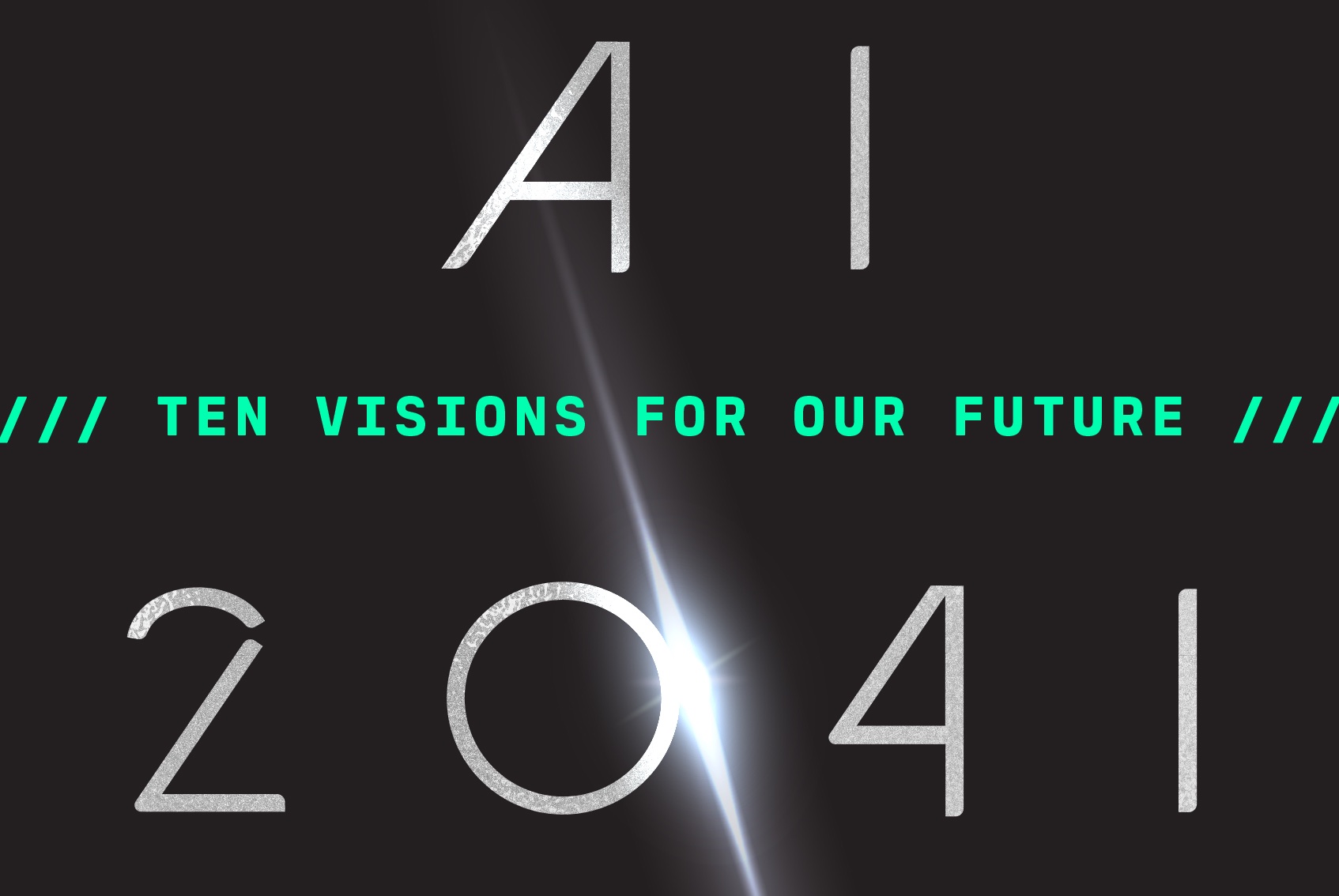books
Frank Slater’s book “Practical Portrait Painting” reveals the secrets of masters old and new, from Leonardo da Vinci to Augustus John.
Successful romantic relationships require desire, but that desire doesn’t have to be sexual.
If we are wreaking havoc on ourselves and the world, it is because we have become mesmerized by a mechanistic, reductionist way of thinking.
To Vladimir Putin, a young KGB colonel at the time, the decision was a colossal mistake.
Many people perceive the struggle to understand our Universe as a battle between science and God. But this is a false dichotomy.
Wander into the deep recesses of the mind and never return the same with these existentialist books.
Revolutionary techniques for understanding brain functions in animals could soon help us understand how emotions guide our lives.
Understanding the factors behind recent growth could help us better approach inequality.
Helplessness isn’t learned — it’s an instinctual response that can be overcome.
Science and the humanities have been antagonistic for too long. Many of the big questions of our time require them to work closer than ever.
We pretend as if economic sanctions are a peaceful way to coerce others into behaving. In reality, they are a potent tool of modern warfare.
Like witchcraft, “racecraft” refers to a kind of magical thinking — one that treats race as if it were scientifically meaningful.
Recent geopolitical turning points, like Brexit and the 2016 U.S. presidential election, were chapters in a story that extends decades back in world history.
“What am I missing?” is a question that journalist Mónica Guzmán thinks more people should start asking.
It took a series of ingenious experiments in the 20th century to uncover some of our biggest cognitive biases.
In theory, history is the sum of everything that ever happened; in practice, it’s a story we tell ourselves to make sense of and justify our actions in the present.
Bite into a miracle berry and you’ll perceive intense sweetness — but only after you eat something acidic, too.
Using the Book of Mormon as a sacred but ambiguous atlas, the Latter-day Saints have been looking for the lost city of Zarahemla for decades.
After it became clear that the world wasn’t 6,000 years old, some proposed that northern peoples had emerged independently from others.
The ten greatest ideas in science form the bedrock of modern biology, chemistry, and physics. Everyone should be familiar with them.
Historically, periods of mass flourishing are underpinned by technological revolutions. Currently, we are undergoing a technological revolution unlike anything the world has ever seen.
Although saying the wrong thing could often get you killed in ancient civilizations, history shows that the ideal of free speech has deep roots.
Many first-hand accounts from the golden age of piracy were grossly embellished, meaning it’s extremely difficult to separate Blackbeard the legend from Edward Thatch the person.
From physics and alchemy to theology and eschatology, Isaac Newton’s research was rooted in a personal pursuit of the Divine.
Your brain is remarkably good at mapping out physical spaces — even if it’s an imaginary space like Hogwarts. But how does the brain do it?
We are generally taught that there is an arc of history — an inevitable path of progress that leads to modern society. Maybe it isn’t true.
The book “The Genesis Machine” outlines the promise and peril of synthetic biology, a powerful tool that will allow us to program life like a computer.
It is often assumed that AI will become so advanced that the technology will be able to do anything. In reality, there are limits.
Unlike the first Roaring Twenties, these won’t end with a Great Depression.
New ideas inevitably face opposition. A new book called “The Human Element” argues that overcoming opposition requires understanding the concepts of “Fuel” and “Friction.”





